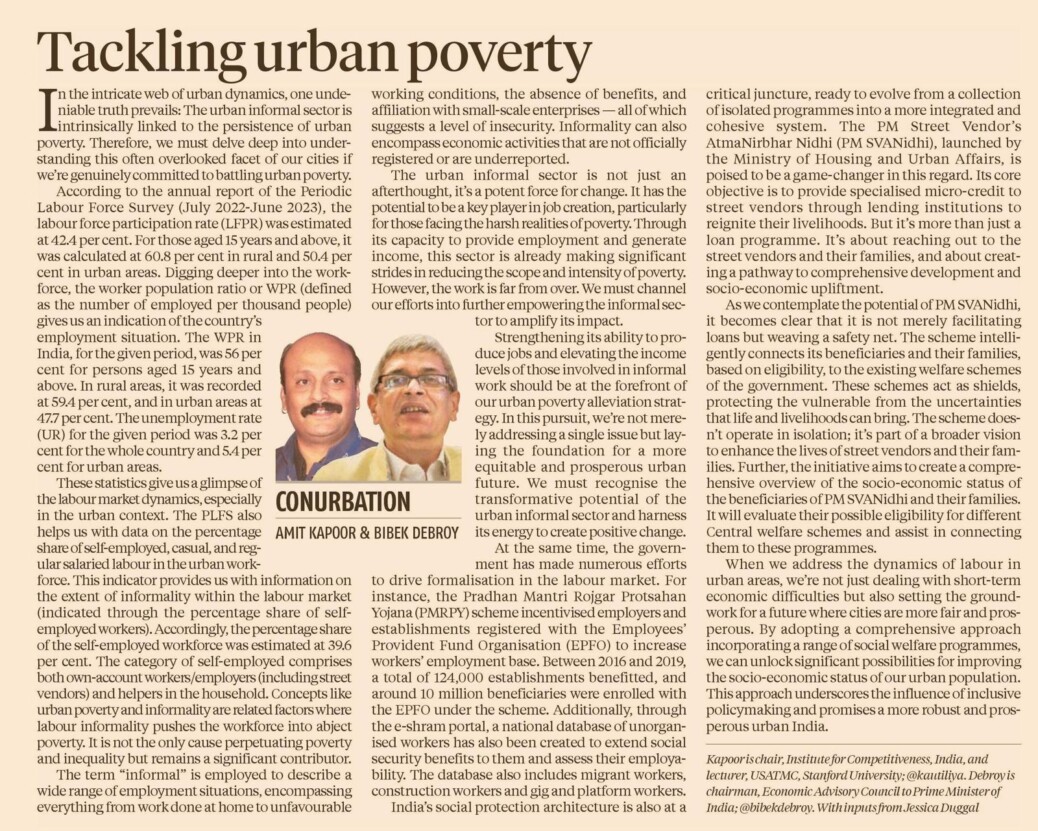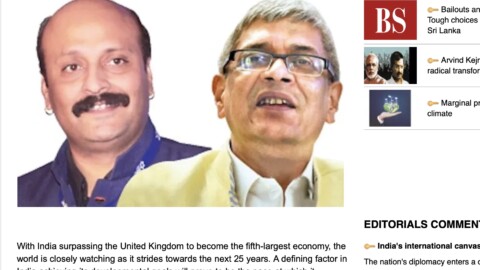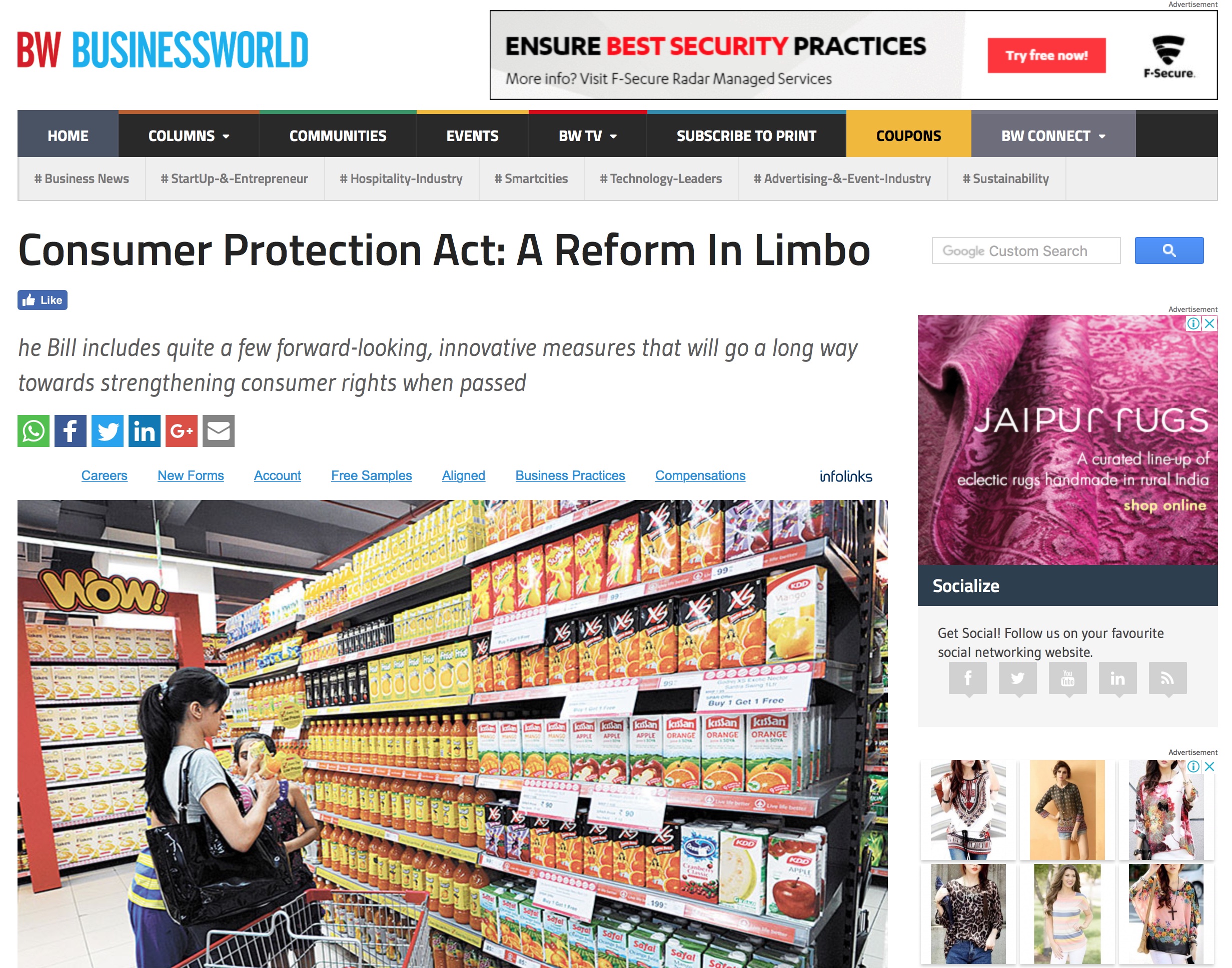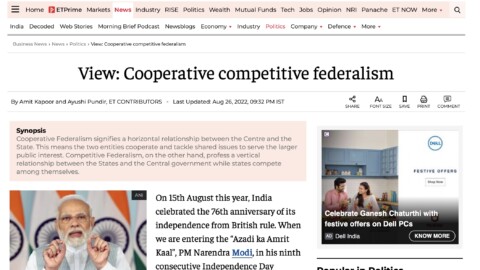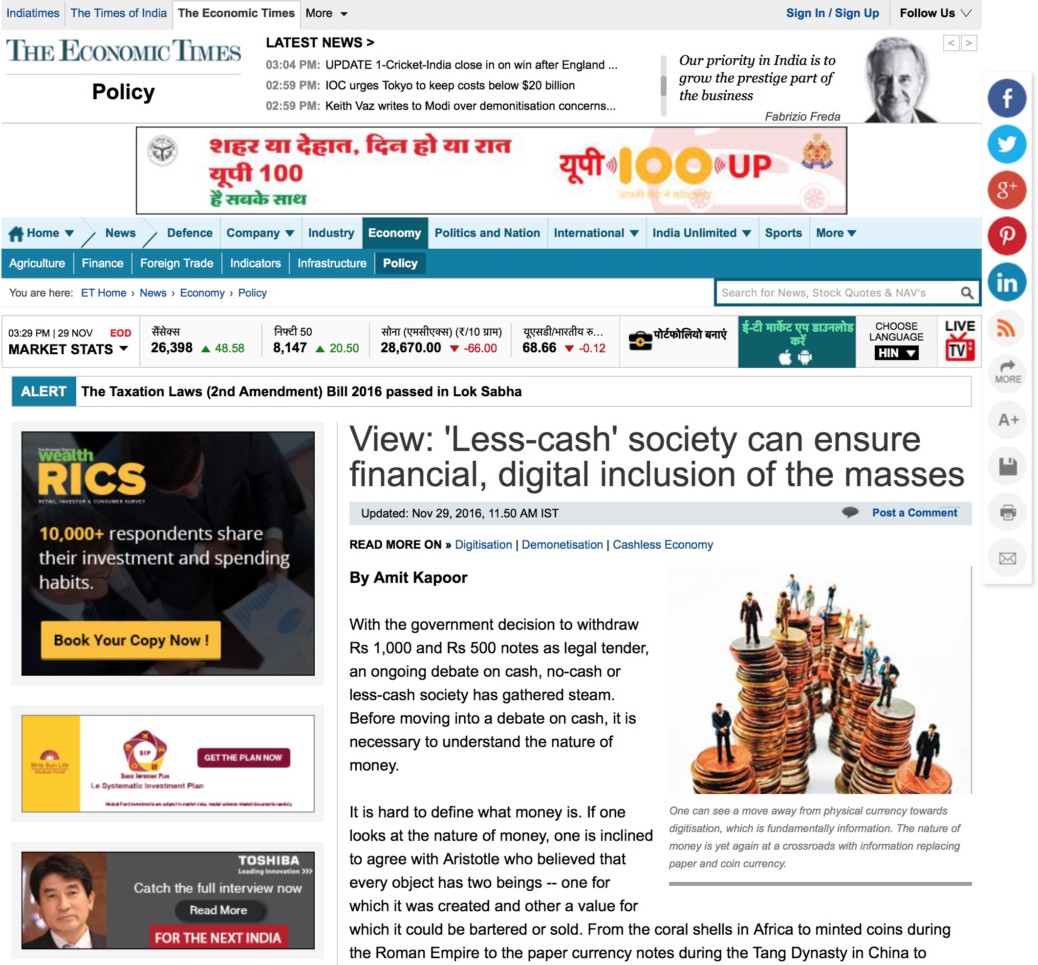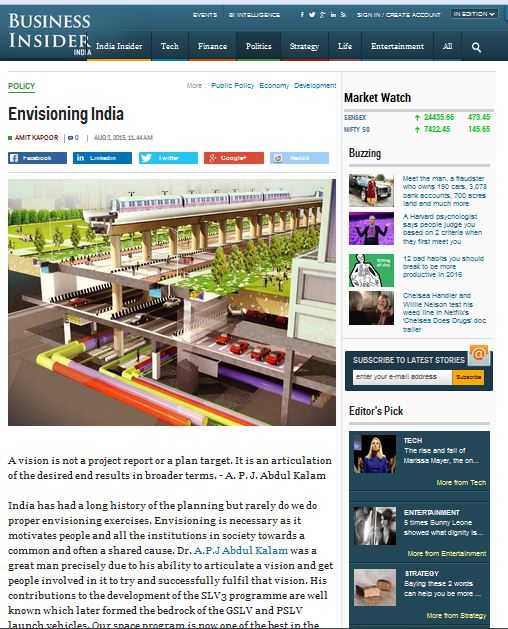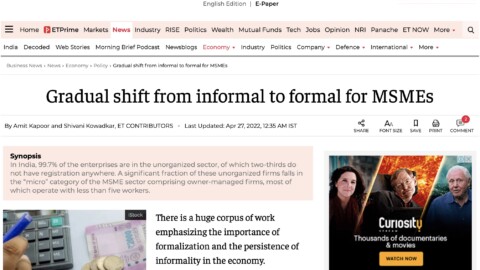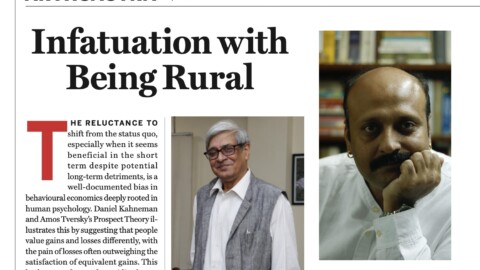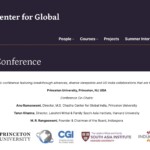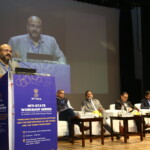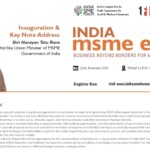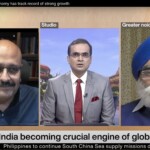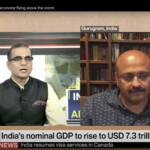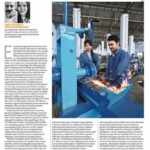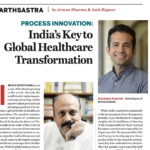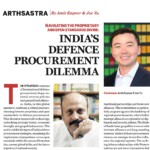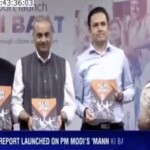By Amit Kapoor and Dr. Bibek Debroy
In the intricate web of urban dynamics, one undeniable truth prevails: the urban informal sector is intrinsically linked to the persistence of urban poverty. Therefore, we must delve deep into understanding this often overlooked facet of our cities if we’re genuinely committed to battling urban poverty. As per the annual report of the Periodic Labour Force Survey (July 2022-June 2023), the Labour Force Participation Rate (LFPR) was estimated at 42.4%. For persons aged 15 years and above, the same was calculated at 60.8% in rural and 50.4% in urban. Digging deeper into the workforce, the Worker Population Ratio (WPR) (defined as the number of employed people per thousand people) gives us an indication of the country’s employment situation. WPR in India, for the given period, was 56% for persons aged 15 years and above. In rural areas, it was recorded at 59.4% and 47.7% for urban areas. The Unemployment Rate (UR) for the given period was recorded at 3.2% for the whole country and 5.4% for urban areas.
These statistics give us a glimpse of the labour market dynamics, especially in the urban context. The PLFS also helps us with data on the percentage share of self-employed, casual and regular salaried labour in the urban workforce. This indicator provides us with information on the extent of informality within the labour market (indicated through the % share of self-employed workers). Accordingly, the share % of the self-employed workforce was estimated at 39.6%. The category of self-employed comprises both own-account workers/employers (including street vendors) and helpers in the household. Concepts like urban poverty and informality are related factors where labour informality pushes the workforce into abject poverty. It is not the only cause perpetuating poverty and inequality but remains a significant contributor. The term “informal” is employed to describe a wide range of employment situations, encompassing everything from work done at home to unfavourable working conditions, absence of benefits, and affiliation with small-scale enterprises—all of which suggest a level of insecurity. Informality can also encompass economic activities that are not officially registered or are underreported.
The urban informal sector is not just an afterthought; it’s a potent force for change. It can potentially be a key player in job creation, particularly for those facing the harsh realities of poverty. Through its capacity to provide employment and generate income, this sector is already making significant strides in reducing the scope and intensity of poverty. However, the work is far from over. We must channel our efforts into further empowering the informal sector to amplify its impact. Strengthening its ability to produce jobs and elevating the income levels of those involved in informal work should be at the forefront of our urban poverty alleviation strategy. In this pursuit, we’re not merely addressing a single issue but laying the foundation for a more equitable and prosperous urban future. It’s time we recognize the transformative potential of the urban informal sector and harness its energy to create positive change, for urban poverty to become a relic of the past rather than a persistent reality.
India’s social protection architecture is also at a critical juncture, ready to evolve from a collection of isolated programs into a more integrated and cohesive system. The PM Street Vendor’s AtmaNirbhar Nidhi (PM SVANidhi), launched by the Ministry of Housing and Urban Affairs, is poised to be a game-changer in this regard. Its core objective is to provide specialized micro-credit to street vendors through lending institutions to reignite their livelihoods. But it’s more than just a loan program; it’s about reaching out to the street vendors and their families. It’s about creating a pathway to comprehensive development and socio-economic upliftment. As we contemplate the potential of PM SVANidhi, it becomes clear that we’re not merely facilitating loans; we’re weaving a safety net. The scheme intelligently connects its beneficiaries and their families, based on eligibility, to the existing welfare schemes of the Government of India. These schemes act as shields, protecting the vulnerable from the uncertainties that life and livelihoods can bring. The scheme doesn’t operate in isolation; it’s part of a broader vision to enhance the lives of street vendors and their families. It’s an investment in a stronger, more resilient India, where every citizen, regardless of their occupation, has the opportunity to thrive. It’s a testament to the power of inclusive policy-making, a beacon of hope for those who often remain in the shadows, and a promise of a brighter future for our cities and our nation. Further, the initiative aims to create a comprehensive overview of the socio-economic status of the beneficiaries of PM SVANidhi and their families. It will evaluate their possible eligibility for different Central welfare schemes and assist in connecting them to these programs. Additionally, the profiling will offer States the opportunity to consider extending their unique state-level welfare schemes and advantages to qualified PM SVANidhi beneficiaries and their families.
When we address the dynamics of labour in urban areas and the issue of urban poverty, we’re not just dealing with short-term economic difficulties. We’re also setting the groundwork for a future where our cities are more fair and prosperous. This is an invitation to acknowledge the remarkable potential of the informal urban sector and utilize its energy to bring about long-lasting positive change to eradicate urban poverty. By adopting a comprehensive approach incorporating a range of social welfare programs, we unlock significant possibilities for improving the socio-economic status of our urban population. This approach underscores the influence of inclusive policy-making and promises a more robust and prosperous urban India.
The article was published with Business Standard on October 19, 2023
